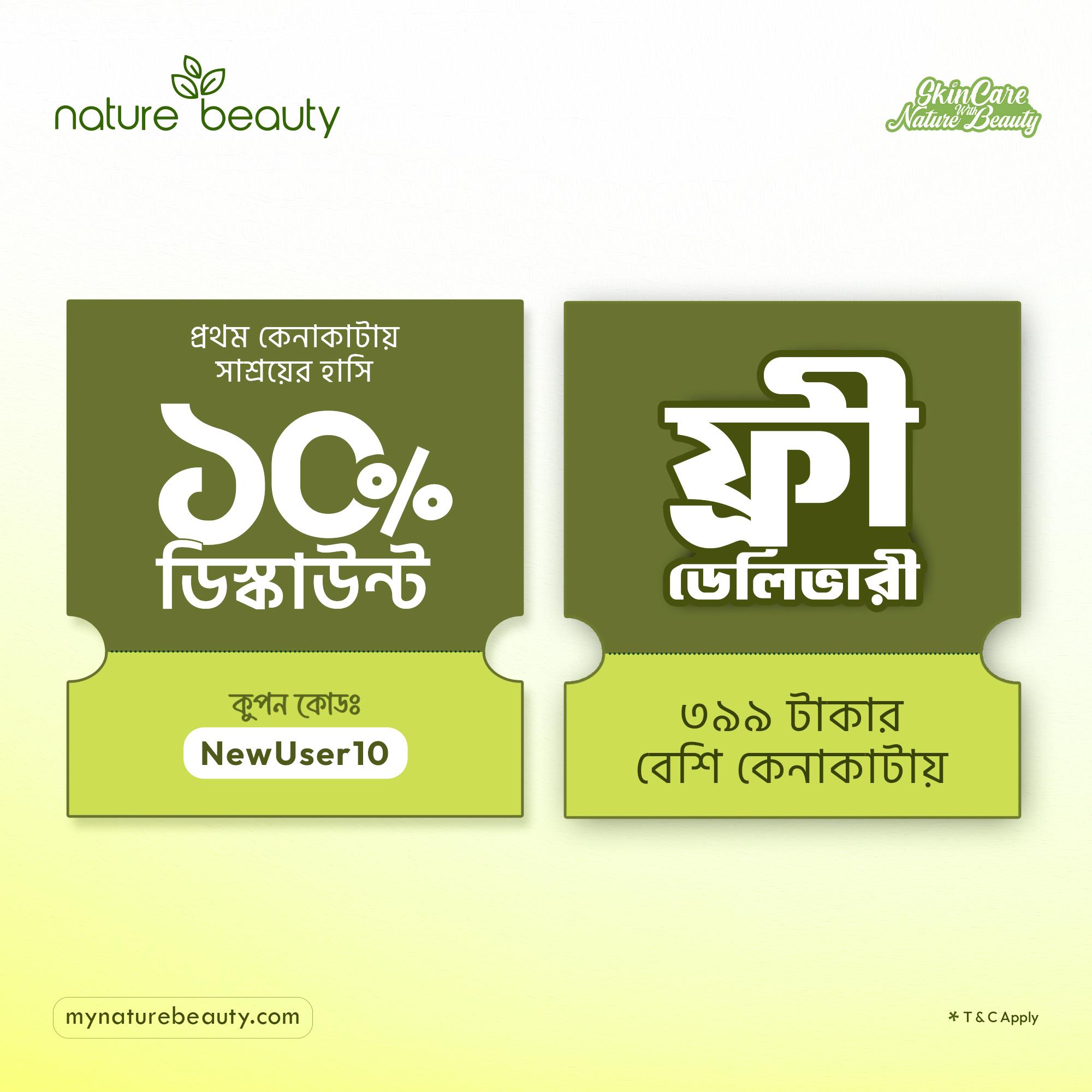
Discover Natural Beauty Tips
What is Retinol? Benefits of Retinol in Skincare and Its Alternatives

Everyone who cares about their skin adopts new skincare routines from time to time. It is now widely known how essential active ingredients are in skincare. However, every skincare product should be chosen based on skin type and concerns. Therefore, selecting the right active ingredient is crucial. One such ingredient is retinol. When used correctly, retinol can effectively reduce skin issues, but improper use may cause adverse reactions. Additionally, retinol-based products can sometimes be quite expensive. So, what are the alternatives? Let’s find out.
What is Retinol?
Retinol is a form of Vitamin A, commonly found in skincare products, known for its anti-aging and acne-fighting properties. It helps in cell regeneration, boosts collagen production, and enhances the skin’s natural radiance while reducing visible wrinkles and fine lines.
However, unlike other active ingredients, retinol should not be used daily. Since it accelerates cell turnover, it can make the skin sensitive and prone to irritation. Retinol is a powerful exfoliating ingredient, meaning it removes dead skin cells, which may cause temporary redness or peeling. According to dermatologists, using retinol 2-3 times a week at a low concentration can yield effective results without causing excessive irritation.
Retinol Alternatives for Daily Use
Since retinol cannot be used daily, some other gentler active ingredients can be used instead:
- Bakuchiol
Bakuchiol is a plant-based retinol alternative derived from the Babchi plant. It has antioxidant and anti-aging properties, protecting the skin from free radical damage and reducing signs of aging, such as wrinkles and fine lines. Plus, it is gentle on sensitive skin.
- AHA/BHA (Glycolic & Salicylic Acid)
These exfoliating acids remove dead skin cells, improve skin texture, and promote the formation of new skin cells more effectively than retinol. AHA (Alpha Hydroxy Acid) and BHA (Beta Hydroxy Acid) can help smoothen the skin and prevent breakouts.
- Niacinamide
Niacinamide (Vitamin B3) helps minimize pores, boost collagen production, and improve skin elasticity. It also reduces dark spots and hyperpigmentation, making it a great alternative to retinol for smoother and firmer skin.
- Vitamin C
Rich in antioxidants, Vitamin C helps repair damaged skin cells, reducing sunburn, dark spots, and pigmentation. It also stimulates collagen production, making the skin look brighter and healthier.
- Peptides
Peptides are short chains of amino acids that help in collagen and elastin production. They keep the skin firm and moisturized. When the skin is deeply hydrated, visible wrinkles and fine lines are less prominent.
Final Thoughts
As we age, our skin type and concerns change. That’s why it’s essential to choose skincare products based on your skin’s needs. Any skincare ingredient should be used carefully to avoid unwanted side effects. By selecting the right products and alternatives, you can maintain healthy, youthful, and glowing skin.
Take care of your beautiful skin!






